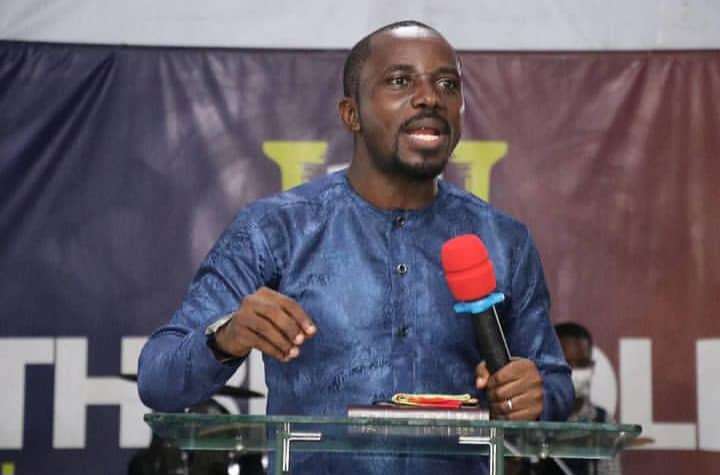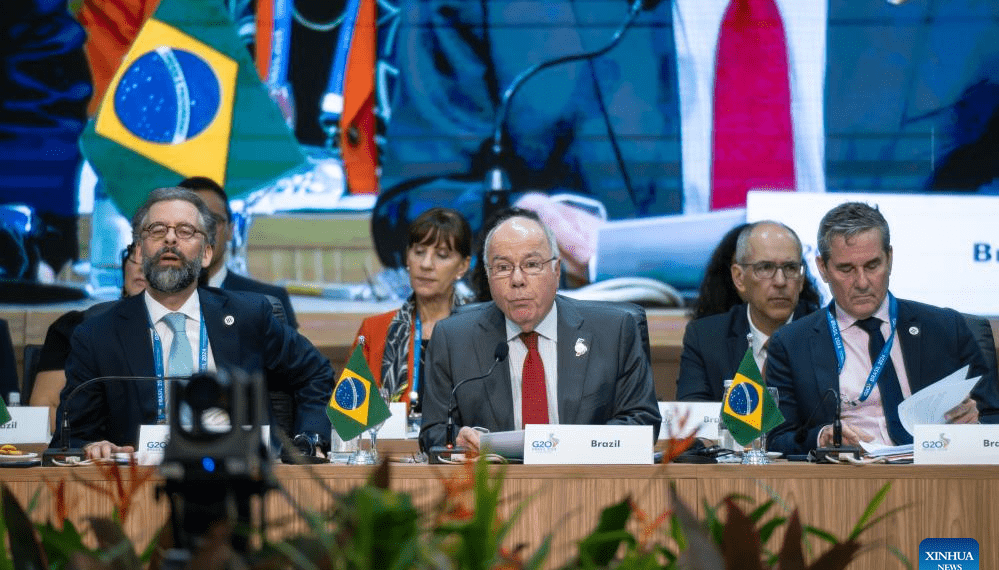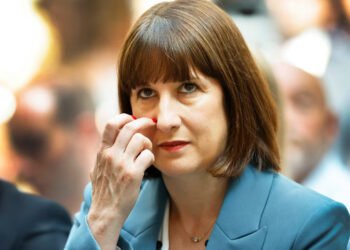The G20 Foreign Ministers’ Meeting in Johannesburg on February 20-21, 2025, marked a pivotal moment for South Africa’s global positioning.
Under the theme “Solidarity, Equality, Sustainability,” this inaugural G20 presidency by an African nation was more than ceremonial; it was a strategic assertion of leadership on issues like debt relief, climate resilience, and governance reform. However, the absence of the U.S. Secretary of State signaled underlying tensions, particularly over South Africa’s domestic policies, including land reform. The Vaultz News spoke with Dr. Joshua Sarfo to unpack these dynamics.
According to Sarfo, South Africa leveraged its G20 presidency to elevate Africa’s voice against dominant global powers. “President Ramaphosa’s opening address set the tone, framing Africa’s priorities within the G20 agenda,” he noted. Hosting the meeting in Johannesburg — the first G20 event on African soil — was itself symbolic, reinforcing South Africa’s role as a continental bridge.
“By aligning with South-South partners like India and Brazil, South Africa amplified concerns over debt relief and climate finance, subtly countering U.S. economic hegemony and China’s infrastructure-heavy influence.”
Dr. Joshua Sarfo
However, he cautioned that such efforts had limitations. “While South Africa’s positioning was bold, securing concrete commitments from major economies proved difficult, as they continue to prioritize their own strategic interests.”
Walking the Diplomatic Tightrope
The U.S. absence loomed large, exposing the delicate balance South Africa must maintain between Western powers and the Global South. “This was not a scheduling coincidence; it was a diplomatic signal,” Sarfo observed. He linked the absence to South Africa’s recent land reform policies, which have unsettled Western investors. “For Washington, Pretoria’s push for economic redress may be seen as ideological, even destabilizing for foreign investment,” he added.
However, South Africa’s pivot toward emerging economies appeared deliberate. “By strengthening ties with India, Brazil, and other Global South allies, Pretoria is asserting its autonomy,” Sarfo said. However, he acknowledged the risks. “This shift may bolster South Africa’s influence among non-aligned nations, but it also complicates consensus-building within the G20, where Western economic partnerships remain crucial.”
Land reform emerged as one of the most contentious topics. Sarfo noted that South Africa strategically tied its domestic policies to the G20’s equality agenda. “Ramaphosa presented the 2025 land redistribution law as part of a broader justice movement, drawing parallels with post-colonial economic redress efforts worldwide,” he said. This narrative resonated with several Global South nations, but it faced resistance from Western powers particularly the U.S.
Debt sustainability was another focal point, with South Africa positioning itself as a mediator between debt-distressed nations and creditor powers.
“South Africa championed debt sustainability, aligning with debt-stressed African and Global South nations by advocating relief linked to development goals, a stance echoing Brazil’s 2024 G20 push. It positioned itself as a bridge, sharing its own debt challenges (e.g., post-COVID recovery) while pressing for IMF-World Bank reforms.
“This won support from nations like Argentina and Kenya, evident in preparatory talks. Against creditor powers like the EU, South Africa faced pushback — Europeans favored stricter repayment terms to protect their banks.”
Dr. Joshua Sarfo

The absence of the U.S. may have weakened Western creditor coordination, giving South Africa room to rally debtor nations, yet Sarfo remained skeptical about the outcome. “While South Africa gained credibility as a regional voice, no breakthrough occurred. The financial muscle of creditor states remains dominant,” he emphasized.
Climate resilience was another key issue, particularly given South Africa’s own dependence on coal. Sarfo described Pretoria’s approach as pragmatic. “South Africa sought adaptation financing while promoting a phased energy transition,” he said. This messaging found traction with countries like India and Brazil but hit resistance from fossil-fuel giants like Saudi Arabia and Russia. “Energy security remains their priority, so binding agreements on emissions reduction were unlikely,” he added.
The EU backed South Africa’s resilience agenda but tied it to stricter emissions commitments — something Pretoria cautiously sidestepped. “In the end, compromises emerged, but they were vague: more promises of funding without concrete timelines,” Sarfo observed. While South Africa positioned itself as a leader in climate negotiations, tangible policy shifts will likely depend on November’s G20 summit.
Reflecting on South Africa’s overall performance, Sarfo acknowledged both successes and setbacks. “This was a moment of African leadership on the world stage,” he said.
“South Africa framed the right issues, rallied key allies, and strengthened its Global South credentials. But as always, in global diplomacy, symbolic wins do not necessarily translate into policy shifts overnight.”
Dr. Joshua Sarfo
Looking ahead, he suggested that Pretoria must continue balancing assertiveness with pragmatism.
READ ALSO: Government Outlines Events to Commemorate 68th Independence Day Celebrations



















